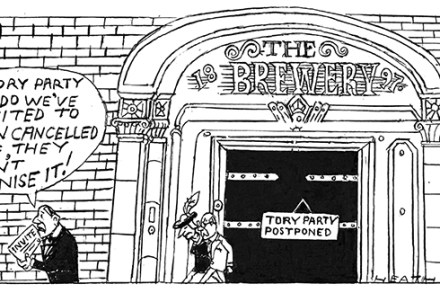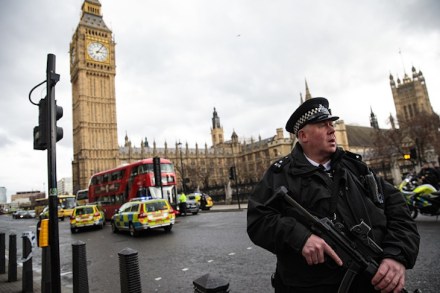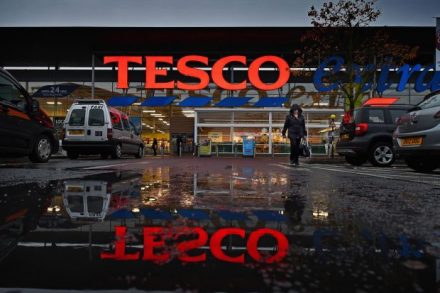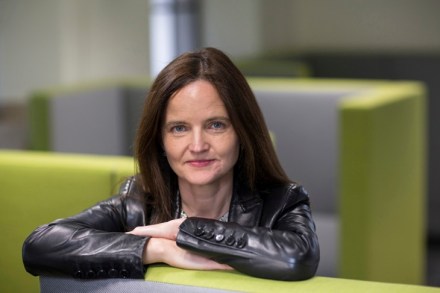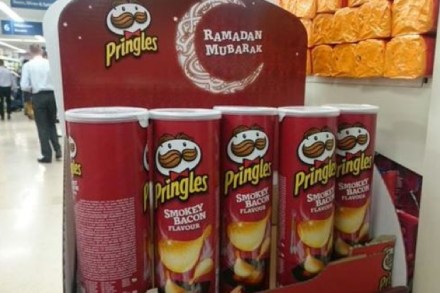Portrait of the week: BBC drops songs, museum drops Sloane, and KFC and John Lewis drop slogans
Home Nicola Sturgeon, the First Minister of Scotland, made pupils wear face-coverings in school corridors. It didn’t take long for the UK government to follow suit in England, for secondary pupils in areas of high transmission. The chief medical officers of England, Scotland, Northern Ireland and Wales said that the fatality rate for those aged five to 14 infected with coronavirus was 14 per million, lower than for most seasonal flu infections. Sally Collier resigned as chief regulator of Ofqual, which had been caught up in the chaotic assessment of A-level and GCSE candidates. It was ‘vitally important’ for children to go back to school, said Boris Johnson, the Prime
